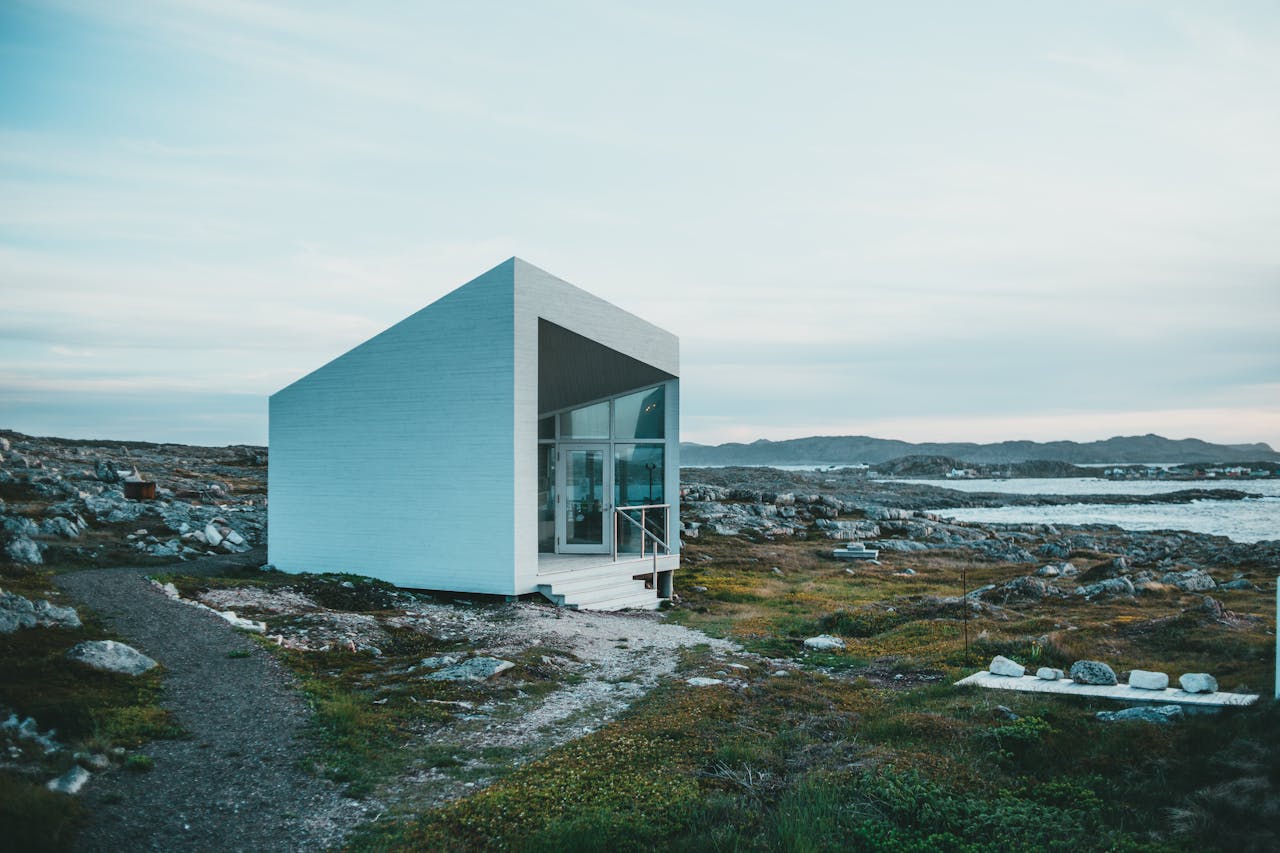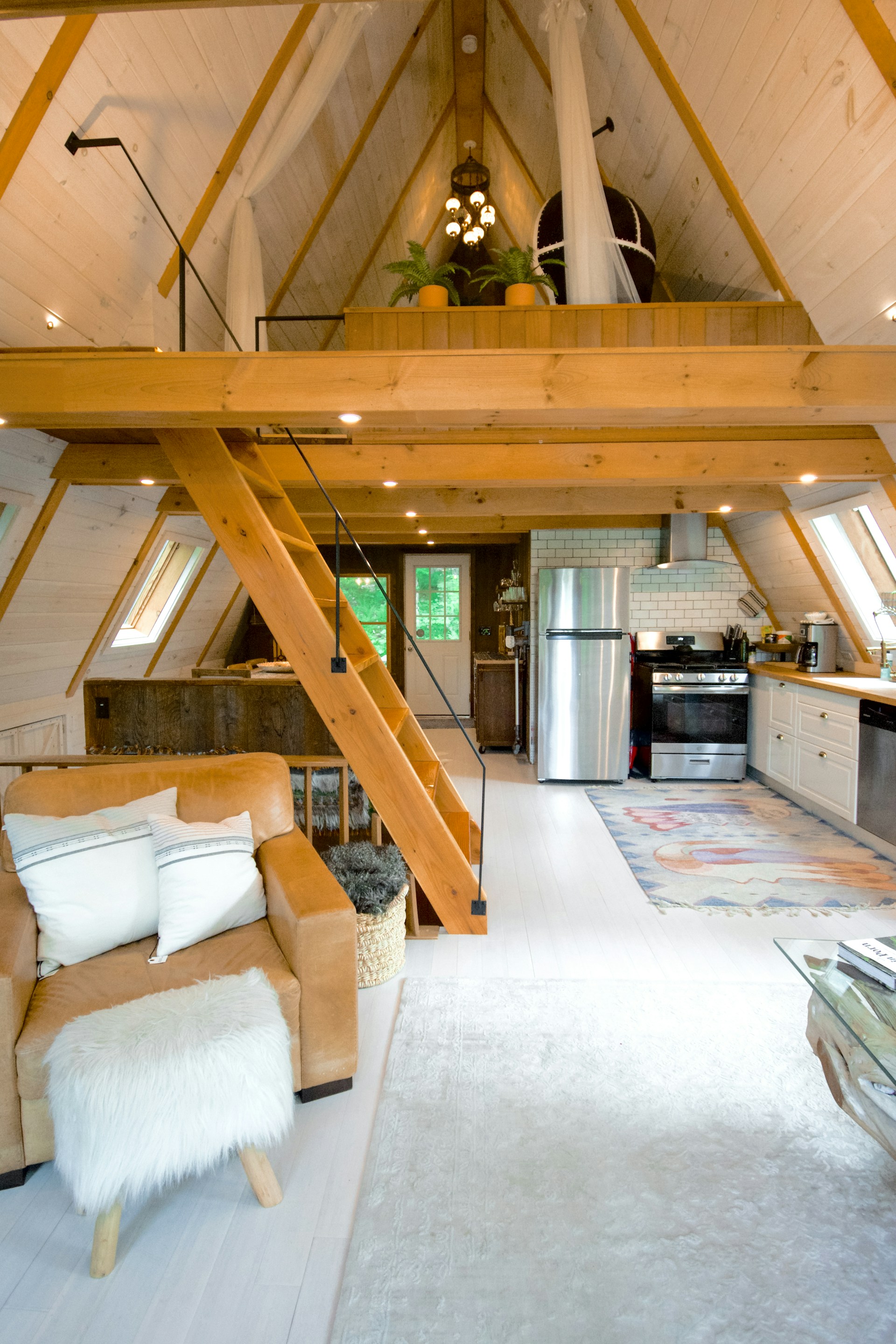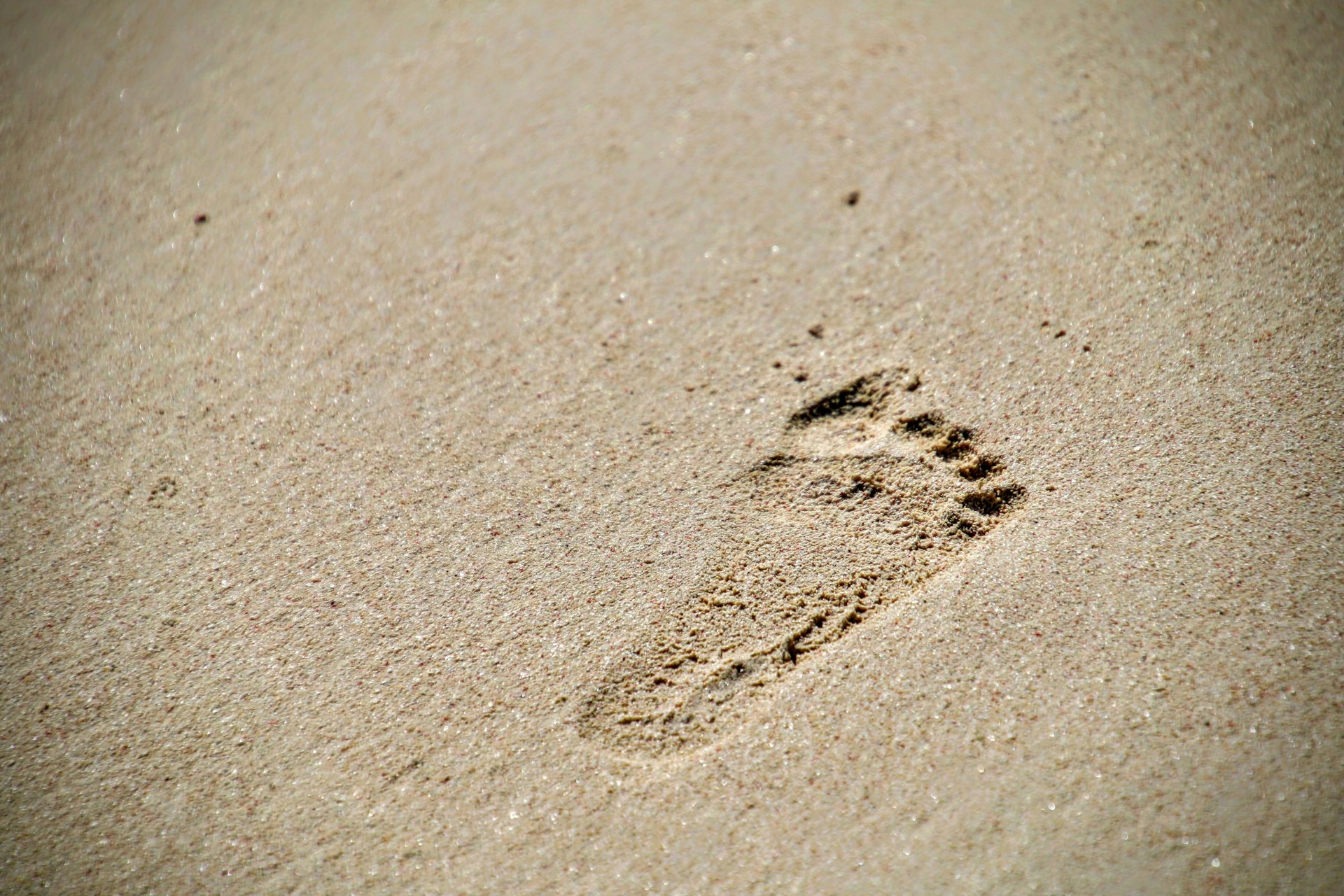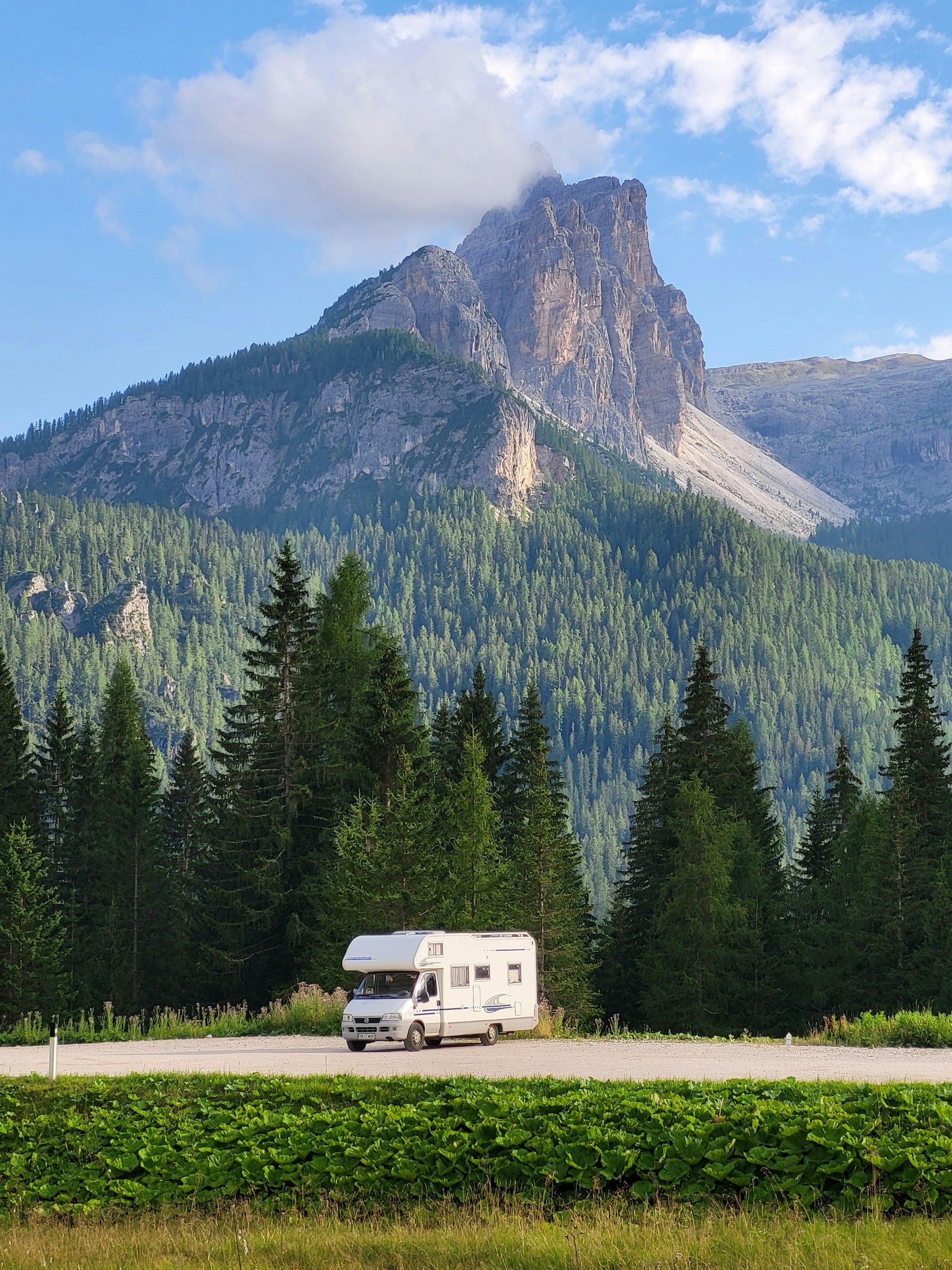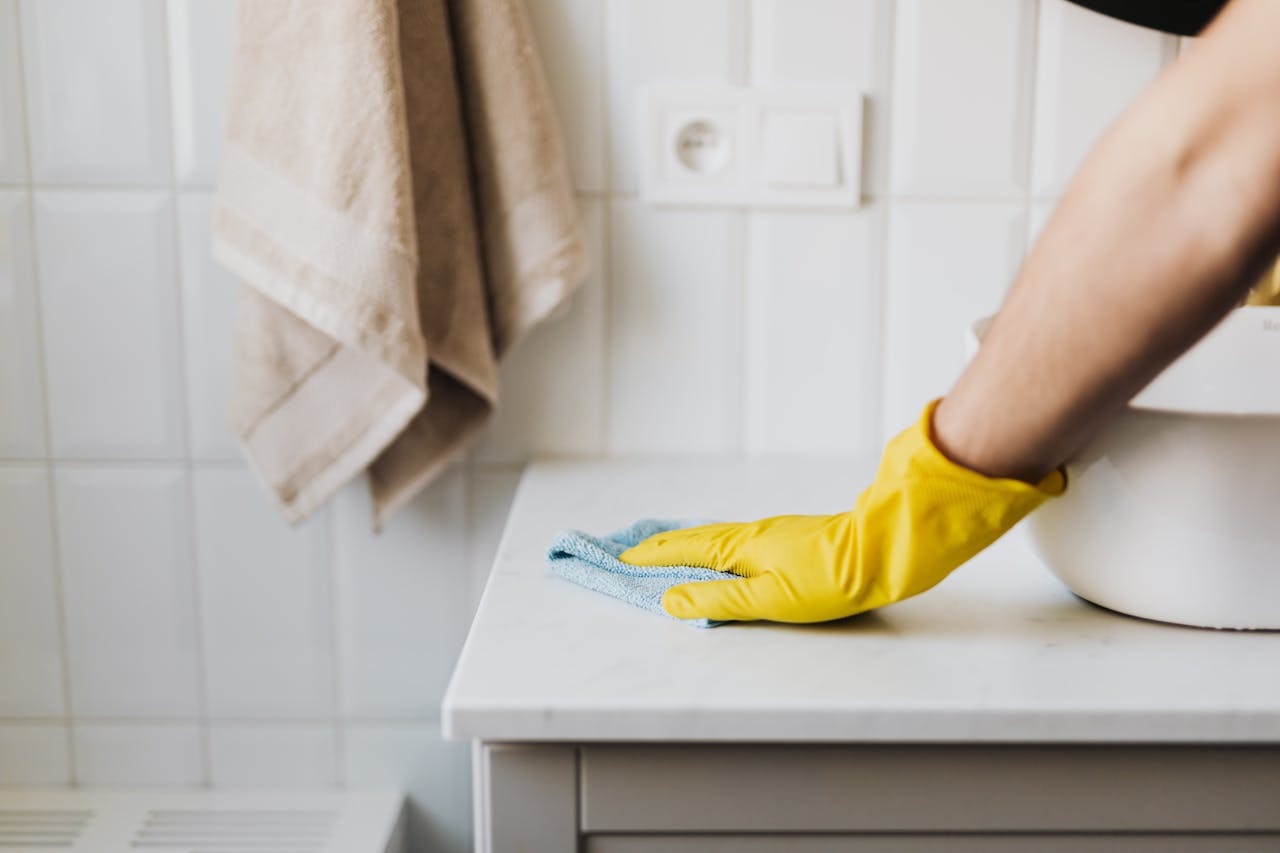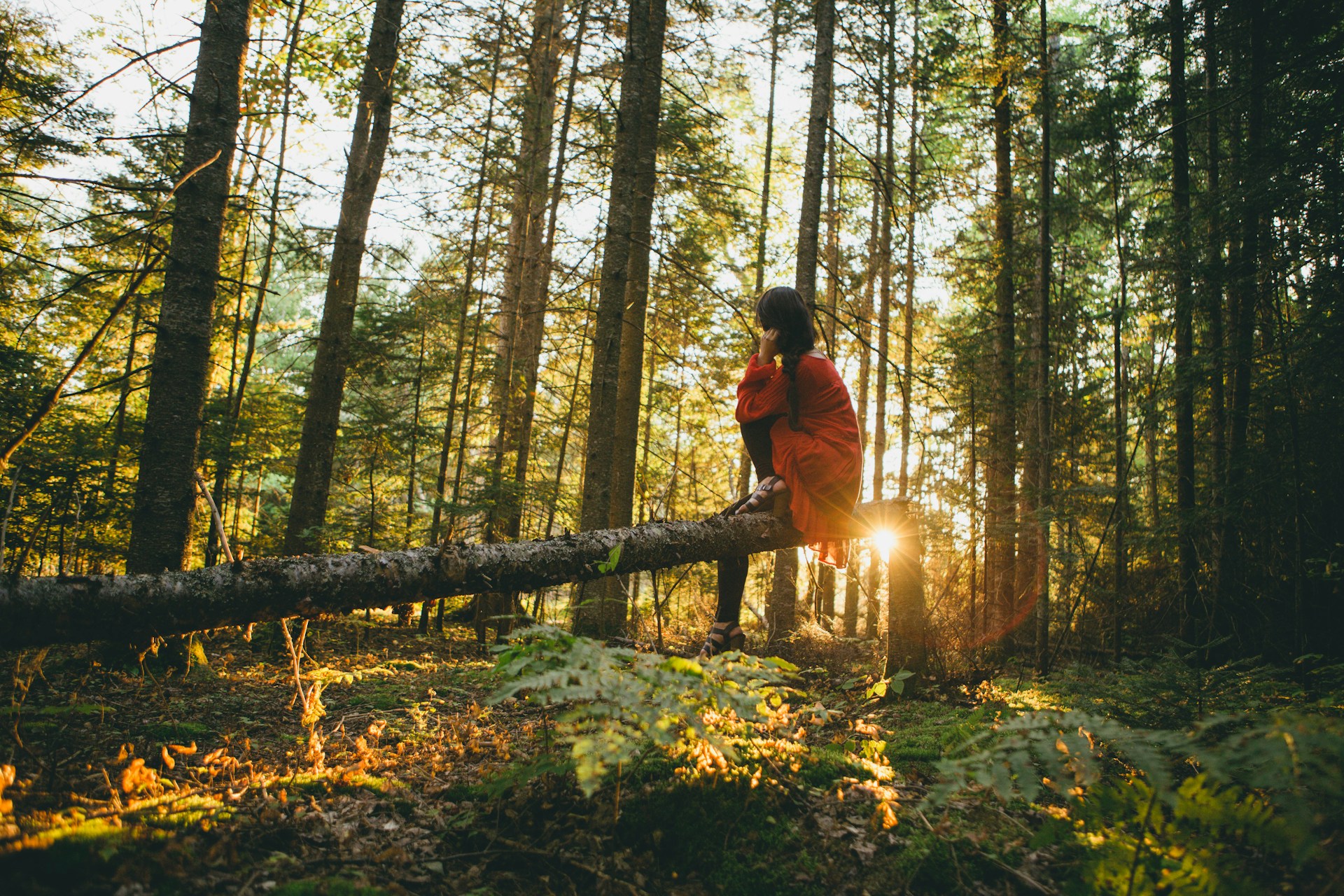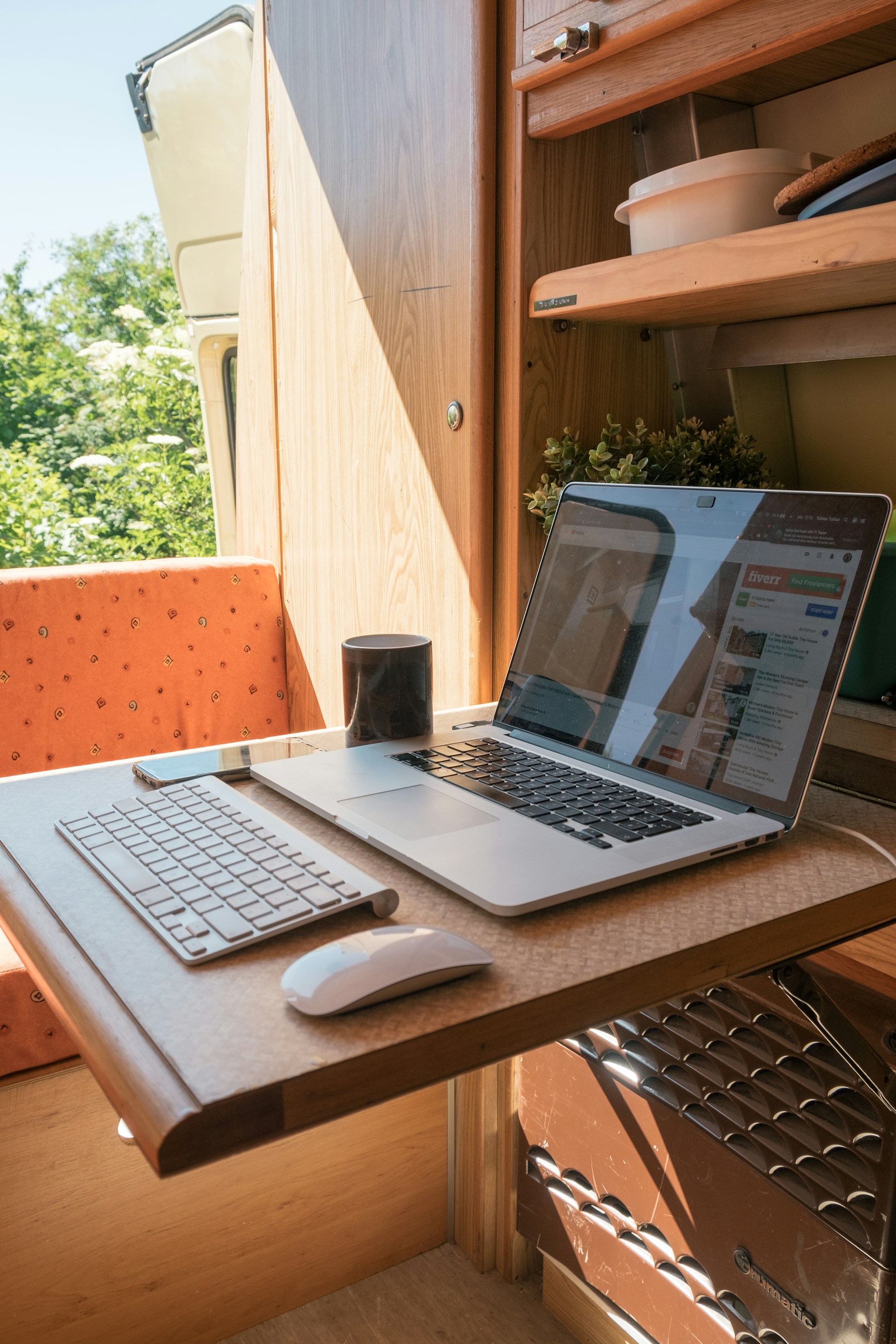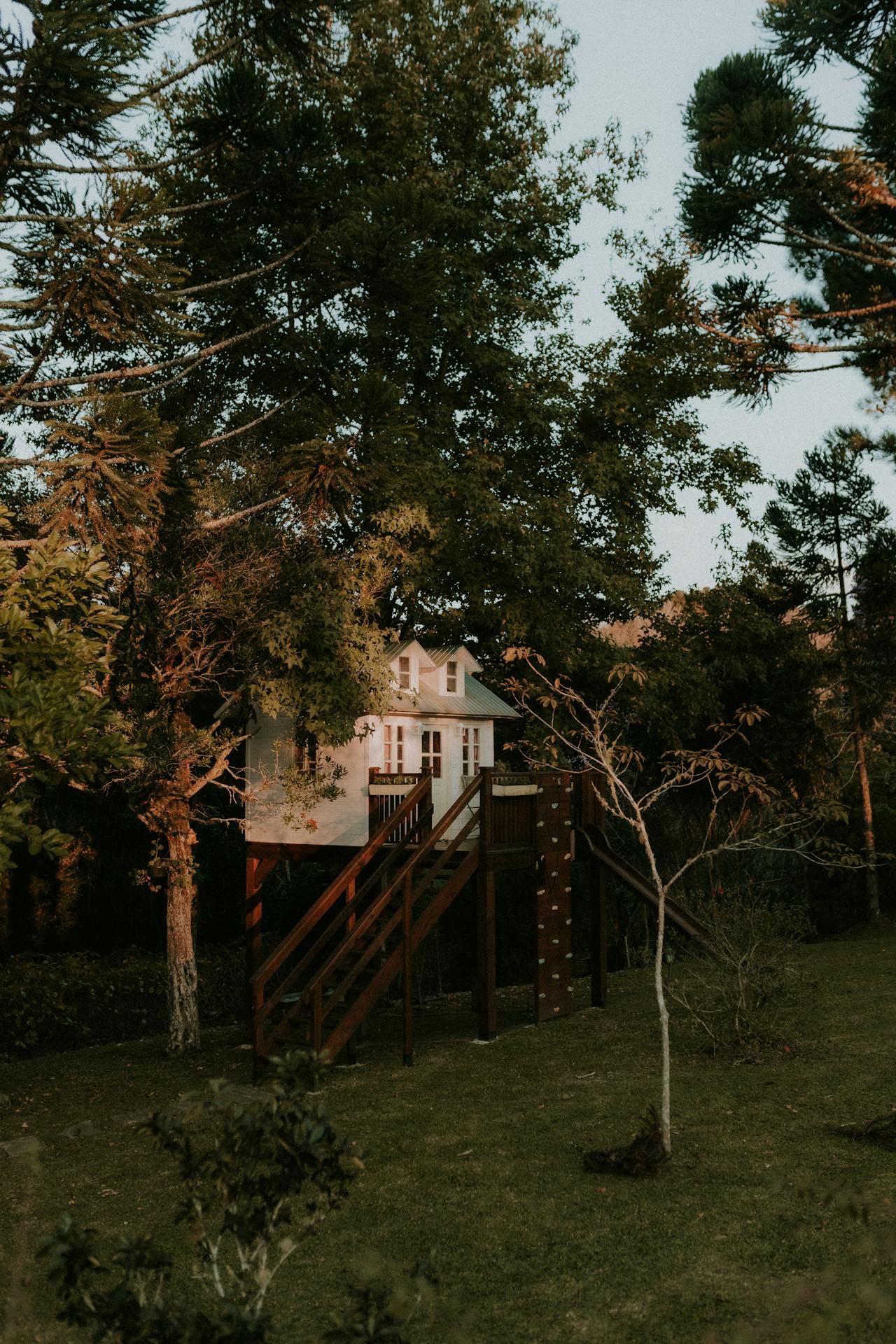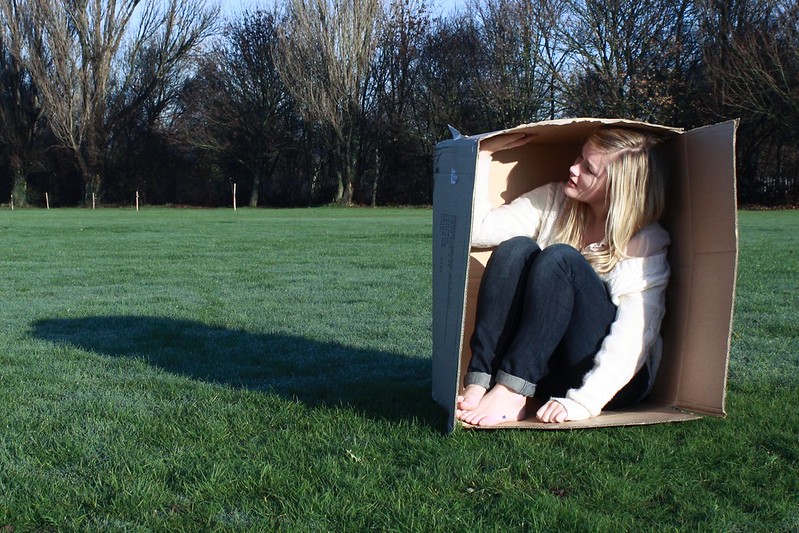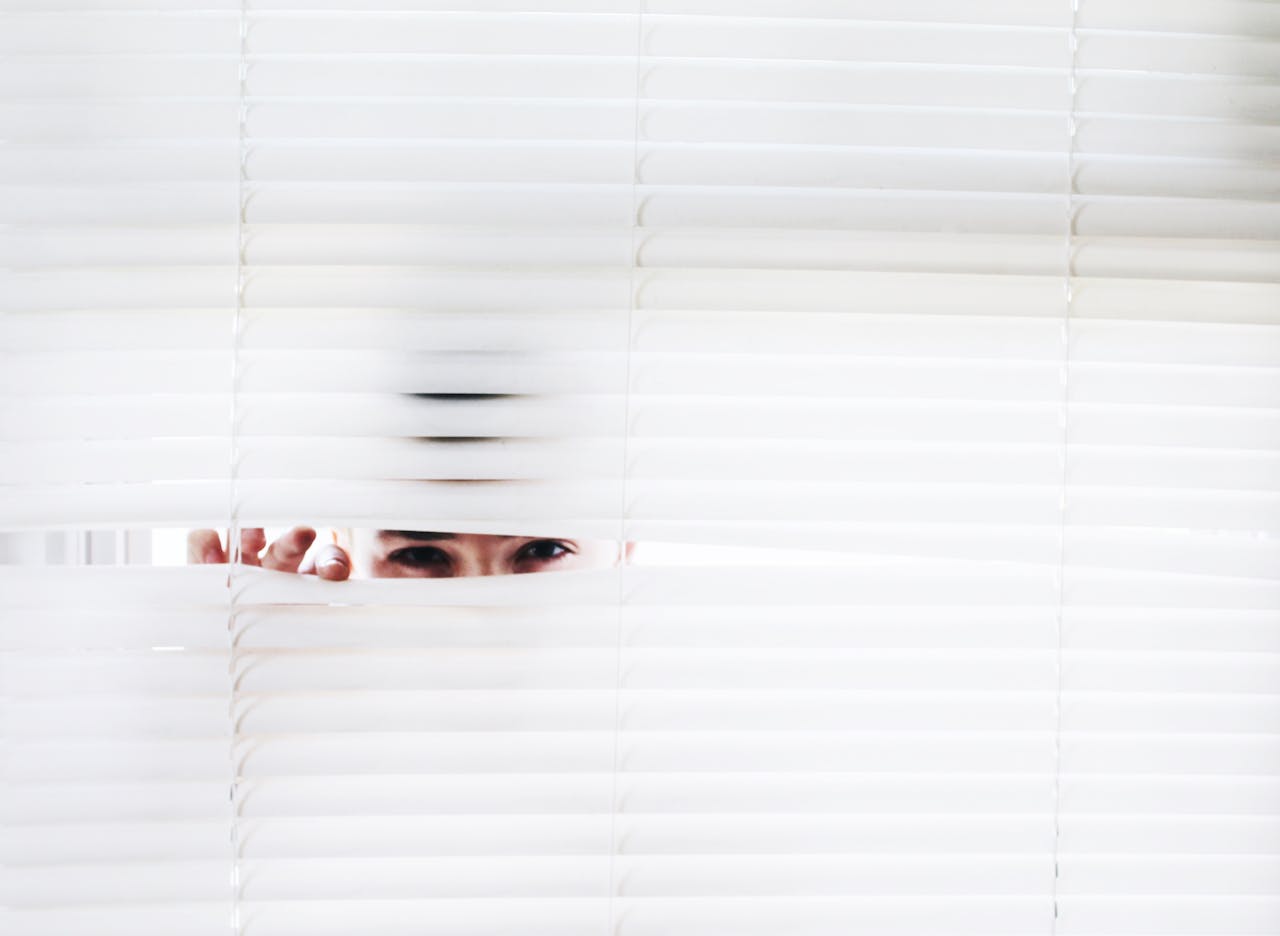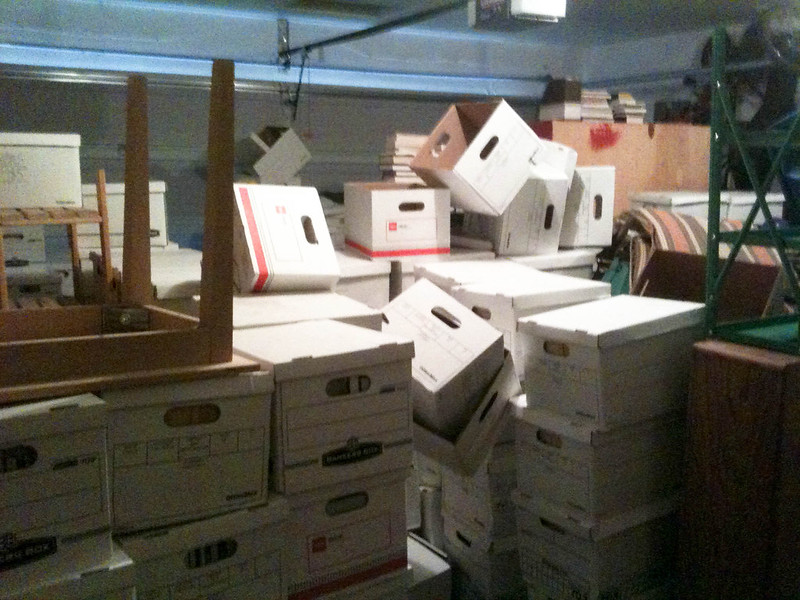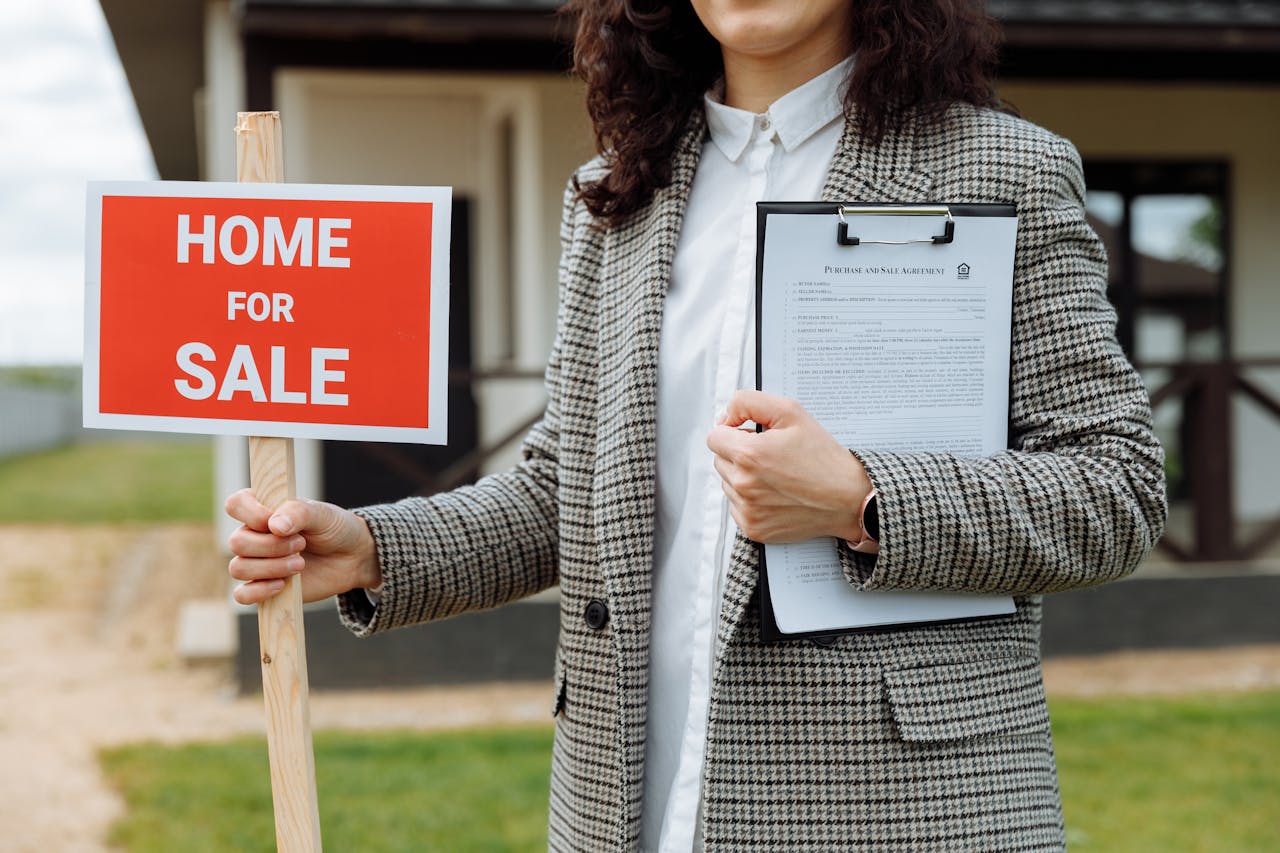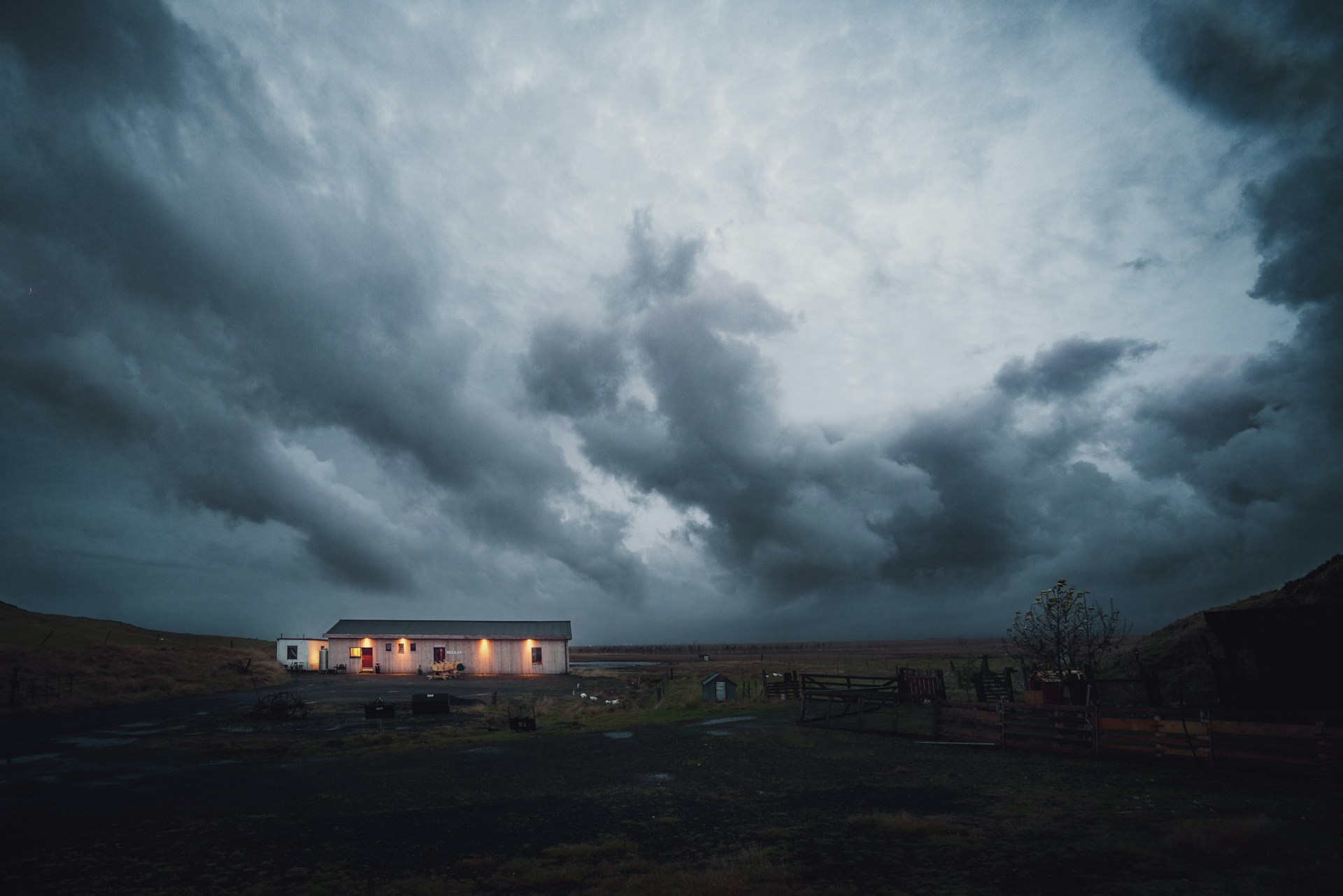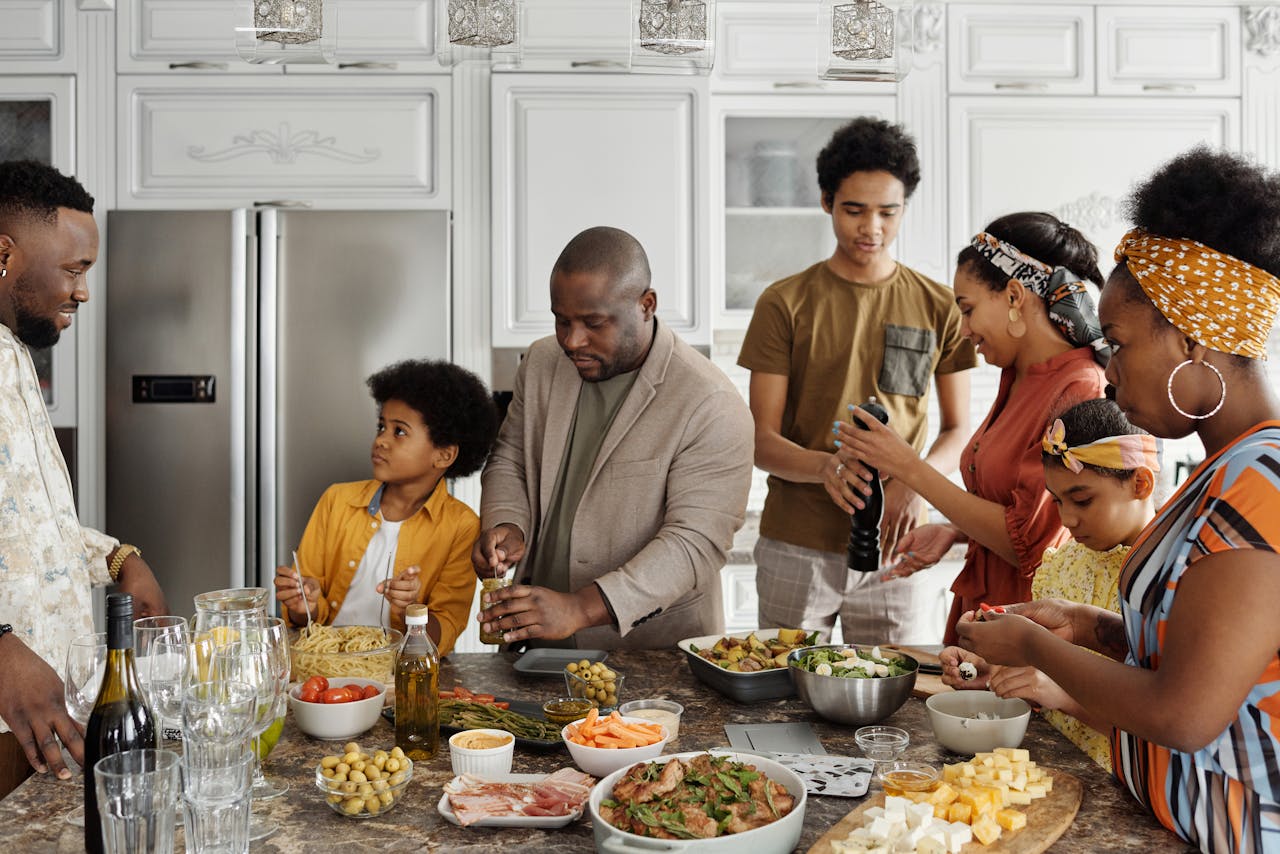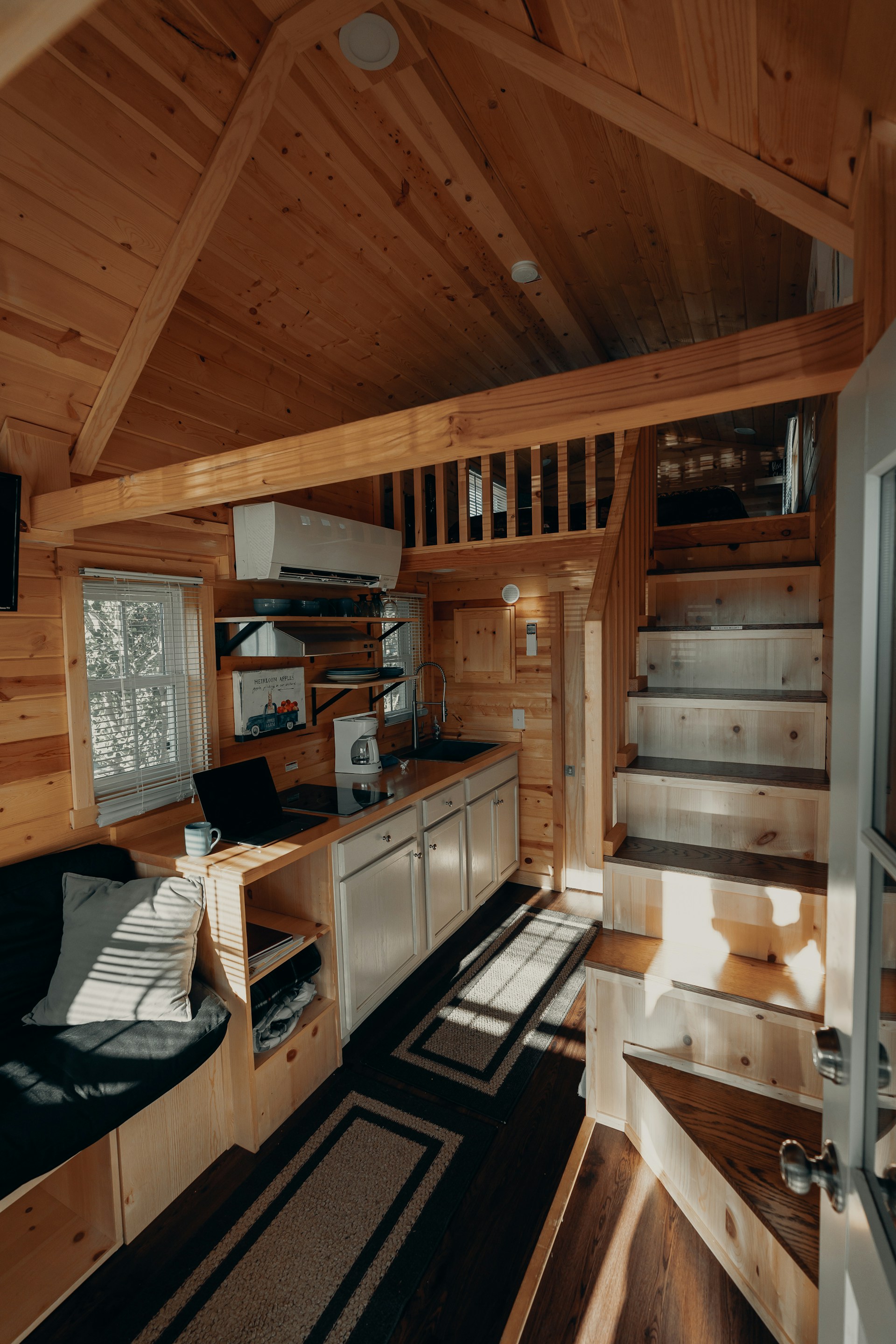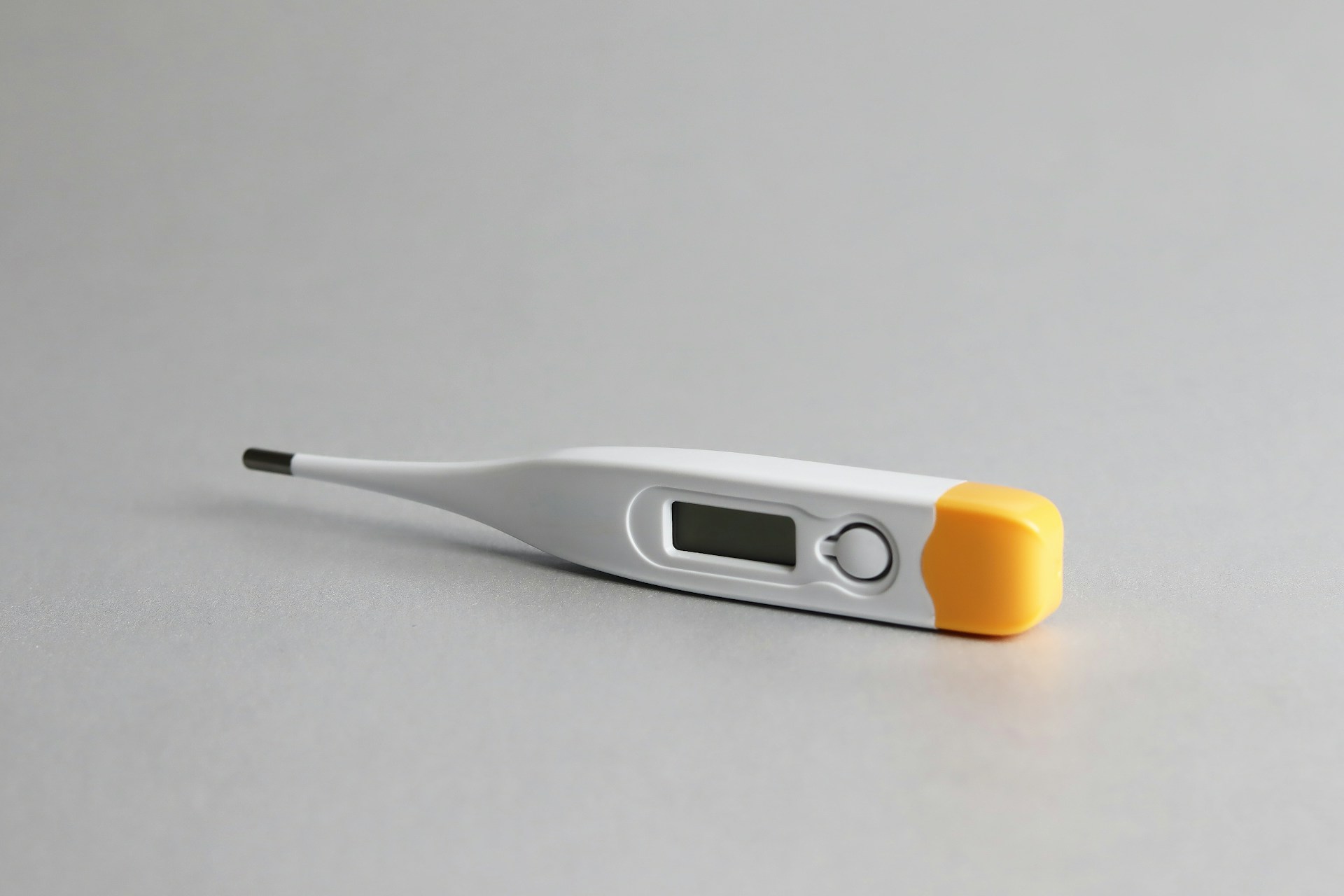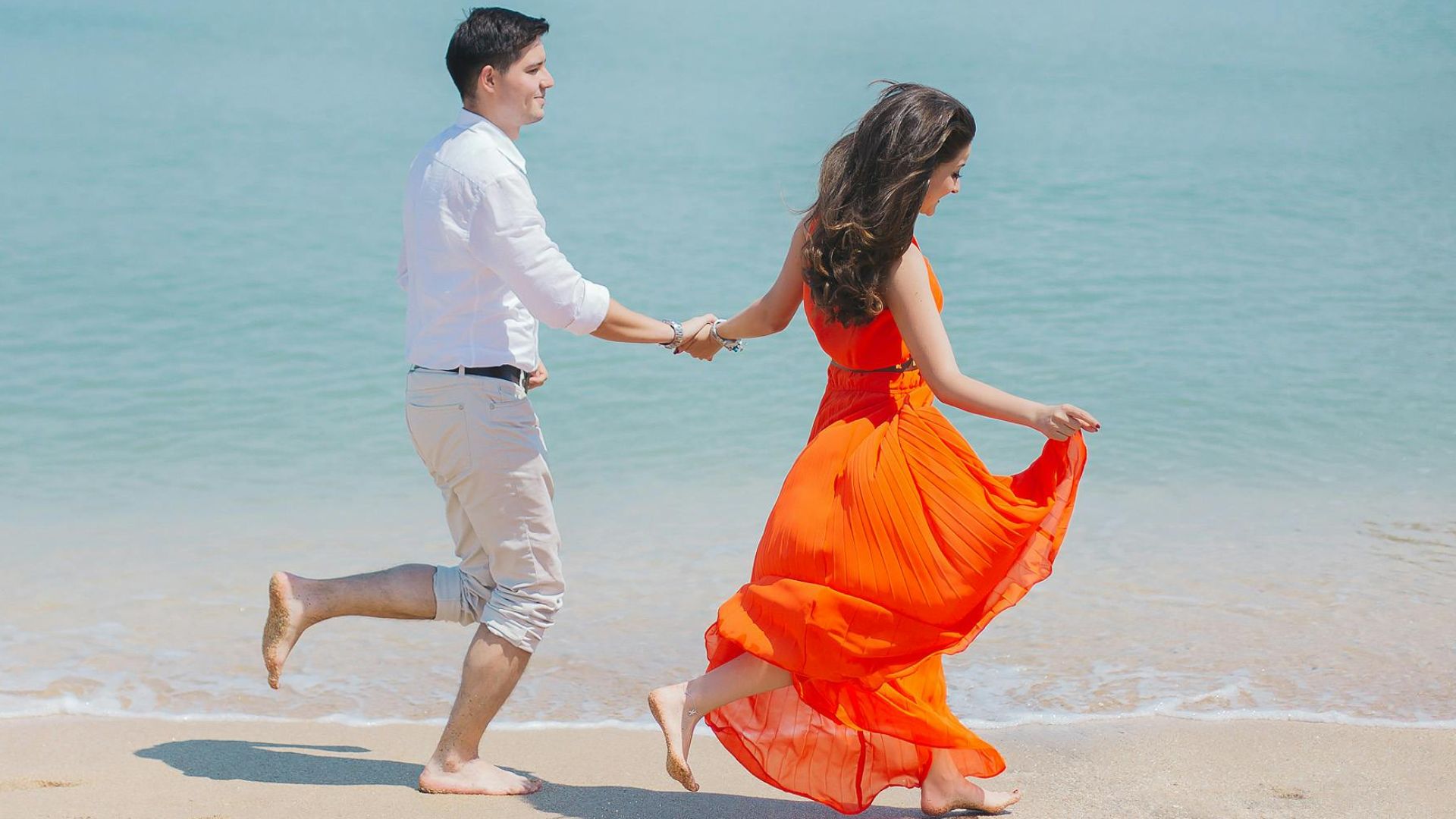One Size Doesn’t Fit All
As housing prices soar and our will to save the planet strengthens, tiny homes have been popping up around the globe. Although it’s ideal for some, a tiny home lifestyle is not for everyone. We’ll help you decide if it’s worth the spatial sacrifice by comparing the pros and cons of compact living.
1. Lower Cost Of Living
With a tiny home, everything is smaller including your bills. Whether you’re building one from scratch or repurposing a shipping container, it’ll cost less than your average house. Your mortgage, utility bills, and property insurance will shrink as your bank account prospers.
2. Minimalist Lifestyle
A minimalist lifestyle is a healthy trend that adds value to our well-being. When you declutter your home you simplify your life too. By focusing on the essentials you discover what you truly need and what you can live without.
3. Environmental Footprint
A small house means small shoes, metaphorically speaking. Since a tiny home is energy-efficient, uses less building material, and has lower waste production, your carbon footprint is reduced. Living on a small scale has a big impact on saving the environment.
4. Mobility
A compact home can be fixed with wheels or built in a transportable size giving you mobility freedom. You won’t feel anchored down because there’s no commitment to a permanent location. Easily relocate for a career move or just for a change of scenery.
5. Low Maintenance
Less space = less work. There are fewer places to clean and maintain so you’ll spend less time doing chores and more time living your best life.
6. Outdoor Living
A tiny home encourages an outdoor lifestyle and a deeper connection to nature. Due to the lack of indoor space, you’ll spend more time in the fresh air which is good for your physical and mental health. This is a no-brainer for a boy scout but you don’t have to be a wilderness explorer to reap the benefits.
7. Financial Freedom
Lower living costs give you the financial freedom to spend your money on what you desire most. Save the money for an early retirement, a dream trip, or a college fund for the kiddos.
8. Community Building
Typically our choices lead us to like-minded individuals who share similar values. You may decide to build a tiny home within a community that has common spaces or create your own by buying a plot of land with a group of friends.
9. Design Creativity
A compact space is a blank canvas for an interior designer or a Pinterest lover. You’re forced to be innovative to make efficient use of space and your creativity will flourish as you add your personal touch. Turn your online dreams into real estate reality.
10. Privacy From Neighbors
Your house is small and easy to hide! If you like your privacy, it’s easy and affordable to surround your home with fencing or tuck it amongst the trees.
Despite all the benefits of a tiny home, there are some limitations and factors to consider before you plonk one on a hill. Let's explore other considerations before you down-size.
1. Space Limitations
The most obvious reason not to move into a tiny home is the lack of space. If you need room for equipment or your hobbies, limited space might cramp your style. Some of us aren’t made for small places and might stub a toe more times than we’d like.
2. Legalities
Building a tiny home isn’t a problem but finding a legal spot to build it could be. You need to make sure you can park or plunk your house on land in legal zones. Applying for a permit and other legalities may steer you away from the idea.
3. Personal Space
If you’re living with others, there’s no way around it, your personal space will be invaded. You may have privacy from the outside world but inside your small quarters, there’s no room for secrets.
4. Limited Storage
Storage will be an issue for many people. If you own any large items that you can’t part with, you’ll need additional space like a shed or storage unit. You may end up with a second tiny home for your stuff!
5. Resale Value
The resale value of tiny homes will not compete with traditional houses. If you plan on a mobile home as an investment idea, you might want to consider other options before you dive right in.
6. Weather Conditions
Your climate will affect a tiny home lifestyle. Make sure you’re not in a location known for severe storms, the structure is probably not as sturdy as your typical house. Extreme weather may also cause an insulation problem, leaving you too hot or too cold.
7. Family Growth
A tiny home isn’t a great idea for growing families. There’s no place for some alone time if it’s raining and the kids are cooped up inside all day.
8. Fewer Amenities
If you want luxuries like an espresso machine, a double-sink, or a jacuzzi you may think twice before downsizing. You’ll not only be forced to sacrifice some amenities, you’ll need to find smaller appliances that fit in tight spaces.
9. Social Stigma
We shouldn’t let this bother us but we’re only human! Prepare yourself for judgemental comments from people against your lifestyle choices. A negative social stigma might still linger in some neighborhoods.
10. Cabin Fever
You might catch cabin fever staring at the walls of your tiny house for too long. It’s worthwhile to be real with yourself and know if you’re the kind of person who leaves the house enough to stretch your legs.


